Florida law grants homeowners’ associations (HOAs) the authority to place liens on properties for unpaid assessments, but these rights come with strict statutory requirements. Florida Statute § 720.3085 outlines the process, limitations, and homeowner protections related to HOA liens, including notice requirements, interest and late fees, foreclosure procedures, and rights to contest liens. If you’re facing an HOA dispute, call us at 1-800-777-1305 or visit our website to learn how we can help.
Basic Authority For HOA Liens
Under Florida law, HOAs can place liens on properties for unpaid assessments when authorized by their governing documents. This fundamental right comes from § 720.3085(1), which establishes both the basic authority and its limitations.
Statutory Language [§ 720.3085(1)]:
“When authorized by the governing documents, the association has a lien on each parcel to secure the payment of assessments and other amounts provided for by this section. Except as otherwise set forth in this section, the lien is effective from and shall relate back to the date on which the original declaration of the community was recorded. However, as to first mortgages of record, the lien is effective from and after recording of a claim of lien in the public records of the county in which the parcel is located.”
Requirements For Valid Liens
The law establishes specific requirements for what must be included in a lien claim, as well as what the lien secures. These requirements are found in § 720.3085(1)(a).
Statutory Language [§ 720.3085(1)(a)]:
“To be valid, a claim of lien must state the description of the parcel, the name of the record owner, the name and address of the association, the assessment amount due, and the due date. The claim of lien secures all unpaid assessments that are due and that may accrue subsequent to the recording of the claim of lien and before entry of a certificate of title, as well as interest, late charges, and reasonable costs and attorney fees incurred by the association incident to the collection process. The person making payment is entitled to a satisfaction of the lien upon payment in full.”
Pre-Lien Notice Requirements
Before filing a lien, associations must follow specific notice procedures outlined in § 720.3085(4). This section provides detailed requirements for timing and delivery methods.
Statutory Language [§ 720.3085(4)]:
“A homeowners’ association may not file a record of lien against a parcel for unpaid assessments unless a written notice or demand for past due assessments as well as any other amounts owed to the association pursuant to its governing documents has been made by the association.”
[§ 720.3085(4)(a)]:
“Provide the owner with 45 days following the date the notice is deposited in the mail to make payment for all amounts due, including, but not limited to, any attorney’s fees and actual costs associated with the preparation and delivery of the written demand.”
[§ 720.3085(4)(b)]:
“Be sent by registered or certified mail, return receipt requested, and by first-class United States mail to the parcel owner at his or her last address as reflected in the records of the association, if the address is within the United States, and to the parcel owner subject to the demand at the address of the parcel if the owner’s address as reflected in the records of the association is not the parcel address.”
Interest And Late Fees
The statute provides specific rules about interest rates and late fees in § 720.3085(3), including important limitations on compound interest.
Statutory Language [§ 720.3085(3)]:
“Assessments and installments on assessments that are not paid when due bear interest from the due date until paid at the rate provided in the declaration of covenants or the bylaws of the association, which rate may not exceed the rate allowed by law. If no rate is provided in the declaration or bylaws, simple interest accrues at the rate of 18 percent per year. Notwithstanding the declaration or bylaws, compound interest may not accrue on assessments and installments on assessments that are not paid when due.”
[§ 720.3085(3)(a)]:
“If the declaration or bylaws so provide, the association may also charge an administrative late fee not to exceed the greater of $25 or 5 percent of the amount of each installment that is paid past the due date.”
Payment Application Order
The law mandates a specific order for applying payments in § 720.3085(3)(b), which cannot be altered by any instructions accompanying the payment.
Statutory Language [§ 720.3085(3)(b)]:
“Any payment received by an association and accepted shall be applied first to any interest accrued, then to any administrative late fee, then to any costs and reasonable attorney fees incurred in collection, and then to the delinquent assessment. This paragraph applies notwithstanding any restrictive endorsement, designation, or instruction placed on or accompanying a payment. A late fee is not subject to the provisions of chapter 687 and is not a fine. The foregoing is applicable notwithstanding s. 673.3111, any purported accord and satisfaction, or any restrictive endorsement, designation, or instruction placed on or accompanying a payment. The preceding sentence is intended to clarify existing law.”
Right To Contest Liens
Property owners have specific rights to contest liens under § 720.3085(1)(b), which includes strict timelines for association response.
Statutory Language [§ 720.3085(1)(b)]:
“By recording a notice in substantially the following form, a parcel owner or the parcel owner’s agent or attorney may require the association to enforce a recorded claim of lien against his or her parcel… After service, the association has 90 days in which to file an action to enforce the lien and, if the action is not filed within the 90-day period, the lien is void. However, the 90-day period shall be extended for any length of time that the association is prevented from filing its action because of an automatic stay resulting from the filing of a bankruptcy petition by the parcel owner or by any other person claiming an interest in the parcel.”
Qualifying Offer Process
The qualifying offer process, detailed in § 720.3085(6), provides important protections for homeowners facing lien foreclosure.
Statutory Language [§ 720.3085(6)]:
“If after service of a summons on a complaint to foreclose a lien the parcel is not the subject of a mortgage foreclosure or a notice of tax certificate sale, the parcel owner is not a debtor in bankruptcy proceedings, or the trial of or trial docket for the lien foreclosure action is not set to begin within 30 days, the parcel owner may serve and file with the court a qualifying offer at any time before the entry of a foreclosure judgment. For purposes of this subsection, the term ‘qualifying offer’ means a written offer to pay all amounts secured by the lien of the association plus amounts accruing during the pendency of the offer.”
New Owner Liability
Section 720.3085(2)(a) establishes liability for new owners, including important provisions about joint liability with previous owners.
Statutory Language [§ 720.3085(2)(a)]:
“A parcel owner, regardless of how his or her title to property has been acquired, including by purchase at a foreclosure sale or by deed in lieu of foreclosure, is liable for all assessments that come due while he or she is the parcel owner. The parcel owner’s liability for assessments may not be avoided by waiver or suspension of the use or enjoyment of any common area or by abandonment of the parcel upon which the assessments are made.”
[§ 720.3085(2)(b)]:
“A parcel owner is jointly and severally liable with the previous parcel owner for all unpaid assessments that came due up to the time of transfer of title. This liability is without prejudice to any right the present parcel owner may have to recover any amounts paid by the present owner from the previous owner.”
Tenant Rent Collection Rights
The statute provides associations with specific rights to collect rent from tenants when owners are delinquent, as detailed in § 720.3085(8)(a).
Statutory Language [§ 720.3085(8)(a)]:
“If the parcel is occupied by a tenant and the parcel owner is delinquent in paying any monetary obligation due to the association, the association may demand that the tenant pay to the association the subsequent rental payments and continue to make such payments until all the monetary obligations of the parcel owner related to the parcel have been paid in full to the association and the association releases the tenant or until the tenant discontinues tenancy in the parcel.”
Contact Information For Legal Assistance
For help understanding your rights or dealing with an HOA dispute, contact experienced Orlando, FL HOA dispute lawyer at 1-800-777-1305 or visit our website.
Legal Disclaimer
This guide provides general information about Florida Statute § 720.3085 but should not be considered legal advice. Laws can change, and specific situations may require professional legal counsel. Always consult with a qualified Florida attorney for advice about your specific circumstances.


